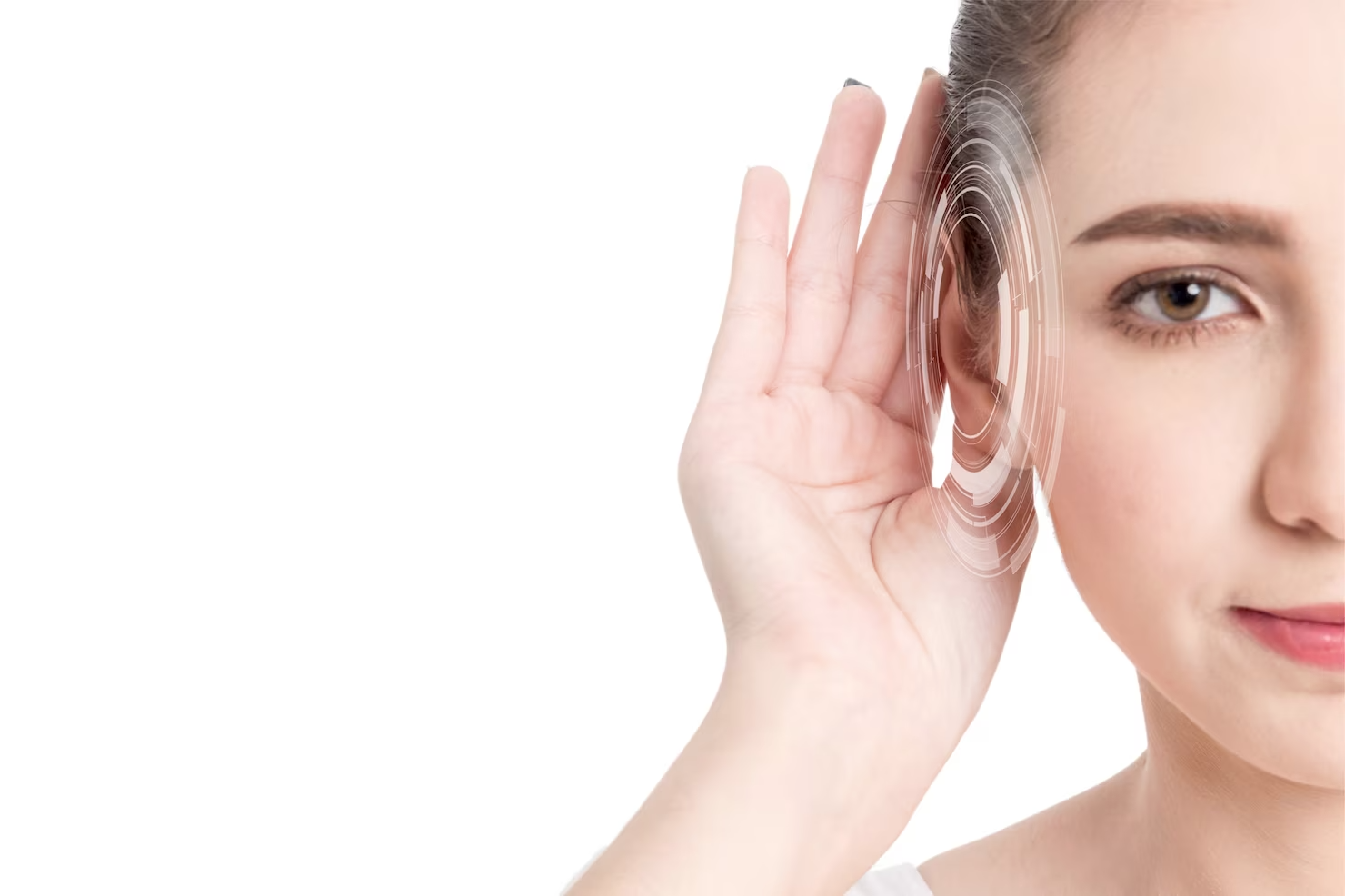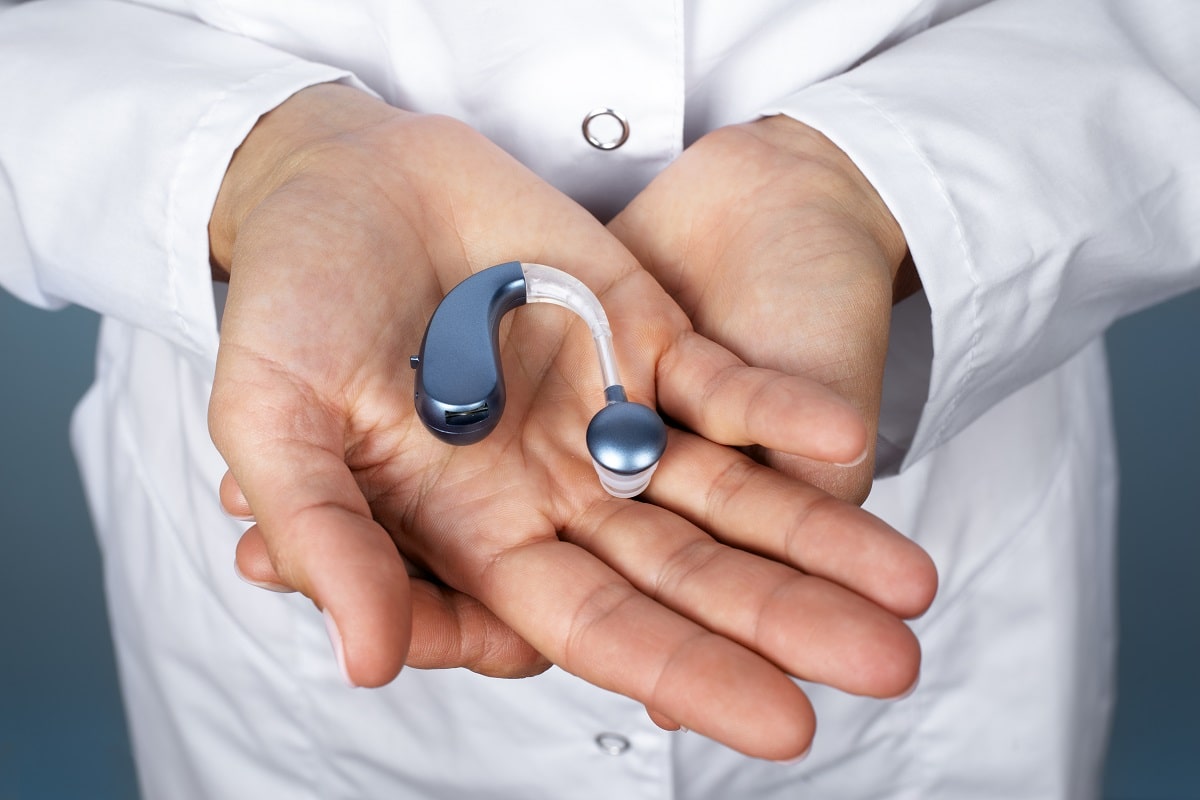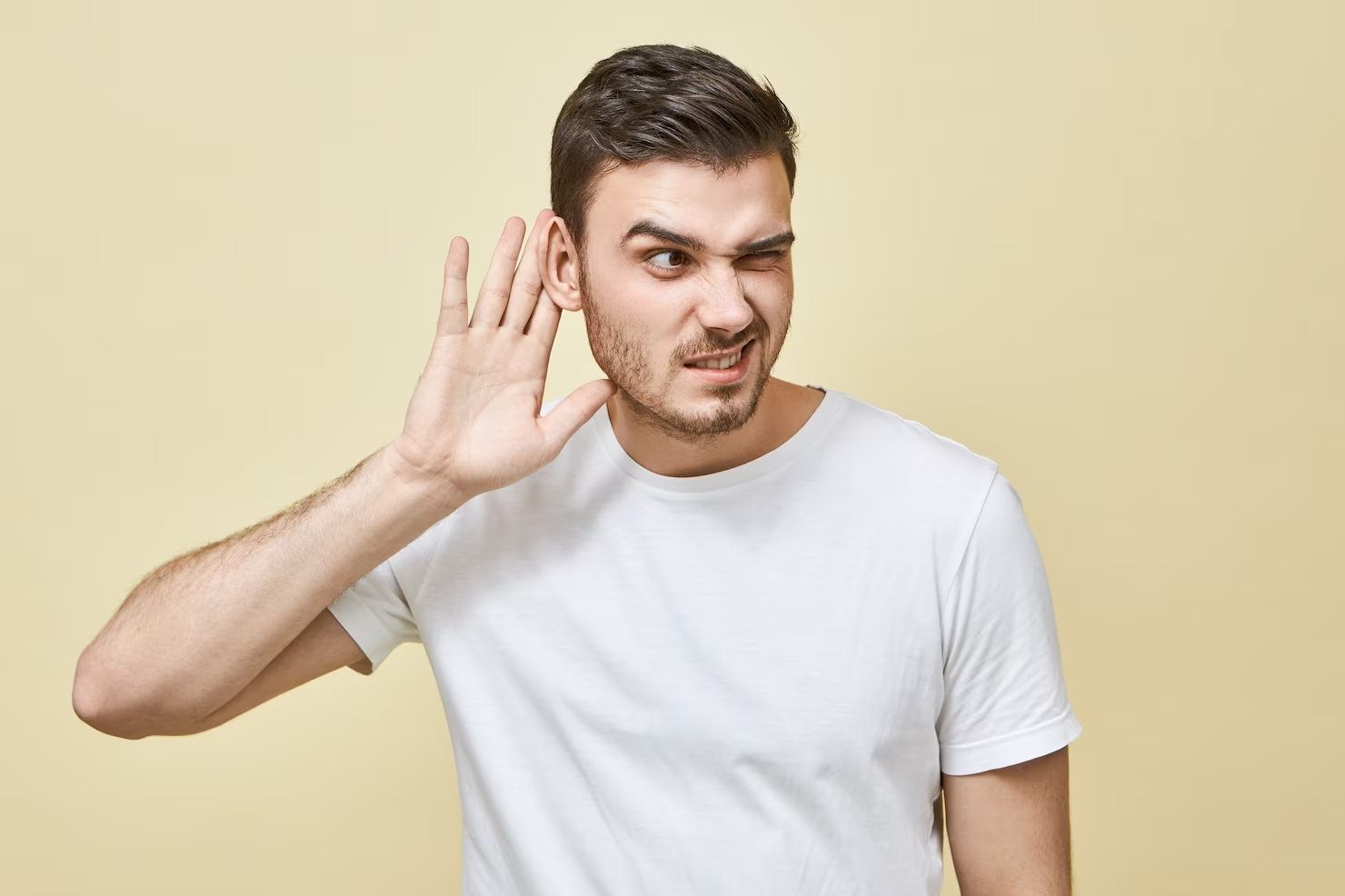"Recycle the Gift of Sound: How to Donate Your Used Hearing Aids"
The World Health Organization says that 466 million people around the world have hearing loss that makes them unable to work. By 2050, this number is expected to almost double. Hearing aids are an important tool for helping people with hearing loss, but they are too expensive for everyone to buy. This is where your gift makes a difference. You can give away used hearing aids, yes. Giving away your old hearing aids can make a big difference in someone's life by giving them the gift of sound. This piece will talk about the pros and cons of hearing aid donation and give helpful tips to anyone who is thinking about doing it.
The first question that might come up is, "Why should I give away my old hearing aids?"
When people no longer need hearing aids, they often put them in a box or throw them away. But these gadgets can still be very helpful for people with hearing loss who can't afford to buy new ones. They can change someone's life by helping them communicate better, get along better with others, and feel better about themselves generally. Not only that, but donating used hearing aids helps the earth by reducing the amount of electronic waste.
If you are sure that your donation is valuable, you may be asking, "How can I donate my hearing aids?"
It's easy to give your old hearing aids to people who need them. A lot of non-profit groups and places that help people with their hearing accept donated hearing aids, often regardless of how old or broken they are. The Starkey Hearing Foundation, the Lions Club International, and Hear Now are all well-known names. Here's a quick summary of how it works:
Clean your hearing aids: Make sure your hearing aids are clean before you give them away. Use a soft, dry cloth to gently wipe out any earwax or other waste.
Put your hearing aids in a safe case or wrap them in bubble wrap to keep them from getting broken in the mail.
Find a place to give: Do a web search for "hearing aid donation" and choose a reliable organization. Check to see if the group is a registered charity and if they take used hearing aids.
Your hearing aids should go to: Follow the organization's directions on how to mail your donation. Some groups may give you a shipping ticket that has already been paid for.
Get a receipt. For tax purposes, it's important to get a receipt from the group you donated to.
But what happens to your hearing aids after you give them away?
Hearing aids that have been given away are generally fixed up. They are looked at, fixed if they need to be, cleaned, and given new batteries. Some groups give reconditioned hearing aids to people who need them, while others sell them and use the money to pay for hearing health programs.
Another question that comes up often is, "Can I donate hearing aids on behalf of a family member who has passed away?"
Yes, you can. Donating a loved one's hearing aids can be a great way to remember them and help someone who needs help. Make sure to follow the normal steps for giving money, which are explained above.
Now, let's look at some common myths about donating hearing aids.
Myth 1: "Old or broken hearing aids are worthless."
This is the furthest thing from the truth. Even if hearing aids don't work anymore, many of their parts can still be recycled. This cuts down on the amount of electronic trash. Also, the money made from recycling can be used to pay for programs that help people get hearing aids.
Myth 2: "I can't donate because I don't live near a donation center."
Many groups accept donations by mail, which makes it easy for anyone, no matter where they live, to give. Just put your hearing aids in a safe package and send them to the address given.
In conclusion, you can give your old hearing aids, which are worth a lot more than you might think. Donating them is not only easy, but it can also make a big difference in the life of someone else. It's about giving the gift of sound, making conversation easier, and making everyone feel welcome. So why let those hearing aids that you don't use collect dust when they could help someone see the world in a whole new way?
Don't forget to tell people about this information about donating hearing aids. Raising people's knowledge can lead to more donations, which can help more people get hearing aids and change their lives. You can make a difference by donating today and spreading the joy of sound.
Hearing aid gift, Donate hearing aids, Used hearing aids, Hearing loss, Hearing health, Charitable donation, Environmental sustainability, Hearing aid programs.
The World Health Organization says that 466 million people around the world have hearing loss that makes them unable to work. By 2050, this number is expected to almost double. Hearing aids are an important tool for helping people with hearing loss, but they are too expensive for everyone to buy. This is where your gift makes a difference. You can give away used hearing aids, yes. Giving away your old hearing aids can make a big difference in someone's life by giving them the gift of sound. This piece will talk about the pros and cons of hearing aid donation and give helpful tips to anyone who is thinking about doing it.
The first question that might come up is, "Why should I give away my old hearing aids?"
When people no longer need hearing aids, they often put them in a box or throw them away. But these gadgets can still be very helpful for people with hearing loss who can't afford to buy new ones. They can change someone's life by helping them communicate better, get along better with others, and feel better about themselves generally. Not only that, but donating used hearing aids helps the earth by reducing the amount of electronic waste.
If you are sure that your donation is valuable, you may be asking, "How can I donate my hearing aids?"
It's easy to give your old hearing aids to people who need them. A lot of non-profit groups and places that help people with their hearing accept donated hearing aids, often regardless of how old or broken they are. The Starkey Hearing Foundation, the Lions Club International, and Hear Now are all well-known names. Here's a quick summary of how it works:
Clean your hearing aids: Make sure your hearing aids are clean before you give them away. Use a soft, dry cloth to gently wipe out any earwax or other waste.
Put your hearing aids in a safe case or wrap them in bubble wrap to keep them from getting broken in the mail.
Find a place to give: Do a web search for "hearing aid donation" and choose a reliable organization. Check to see if the group is a registered charity and if they take used hearing aids.
Your hearing aids should go to: Follow the organization's directions on how to mail your donation. Some groups may give you a shipping ticket that has already been paid for.
Get a receipt. For tax purposes, it's important to get a receipt from the group you donated to.
But what happens to your hearing aids after you give them away?
Hearing aids that have been given away are generally fixed up. They are looked at, fixed if they need to be, cleaned, and given new batteries. Some groups give reconditioned hearing aids to people who need them, while others sell them and use the money to pay for hearing health programs.
Another question that comes up often is, "Can I donate hearing aids on behalf of a family member who has passed away?"
Yes, you can. Donating a loved one's hearing aids can be a great way to remember them and help someone who needs help. Make sure to follow the normal steps for giving money, which are explained above.
Now, let's look at some common myths about donating hearing aids.
Myth 1: "Old or broken hearing aids are worthless."
This is the furthest thing from the truth. Even if hearing aids don't work anymore, many of their parts can still be recycled. This cuts down on the amount of electronic trash. Also, the money made from recycling can be used to pay for programs that help people get hearing aids.
Myth 2: "I can't donate because I don't live near a donation center."
Many groups accept donations by mail, which makes it easy for anyone, no matter where they live, to give. Just put your hearing aids in a safe package and send them to the address given.
In conclusion, you can give your old hearing aids, which are worth a lot more than you might think. Donating them is not only easy, but it can also make a big difference in the life of someone else. It's about giving the gift of sound, making conversation easier, and making everyone feel welcome. So why let those hearing aids that you don't use collect dust when they could help someone see the world in a whole new way?
Don't forget to tell people about this information about donating hearing aids. Raising people's knowledge can lead to more donations, which can help more people get hearing aids and change their lives. You can make a difference by donating today and spreading the joy of sound.
Hearing aid gift, Donate hearing aids, Used hearing aids, Hearing loss, Hearing health, Charitable donation, Environmental sustainability, Hearing aid programs.


